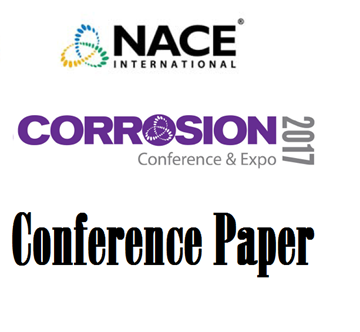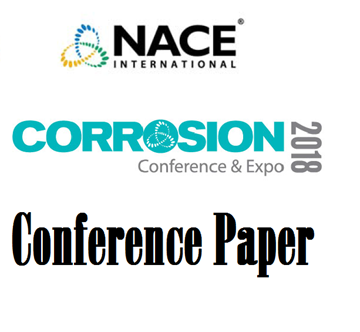Search
51315-5498-Hydrogen Induced Cracking Safe Materials Operating Limits
Also Purchased
Hydrogen in Steels: A Critical Review and Recommended Practices
Product Number:
51317--9548-SG
ISBN:
9548 2017 CP
Publication Date:
2017
$20.00
51318-10665-Analysis of Hydrogen Induced Cracking by in-situ HIC Observation Method
Product Number:
51318-10665-SG
Publication Date:
2018
$20.00
98748 Hydrogen-Induced Cracking and Effect of Non-Metallic Inclusions in Linepipe Steels
Product Number:
51300-98748-SG
ISBN:
98748 1998 CP
$20.00




